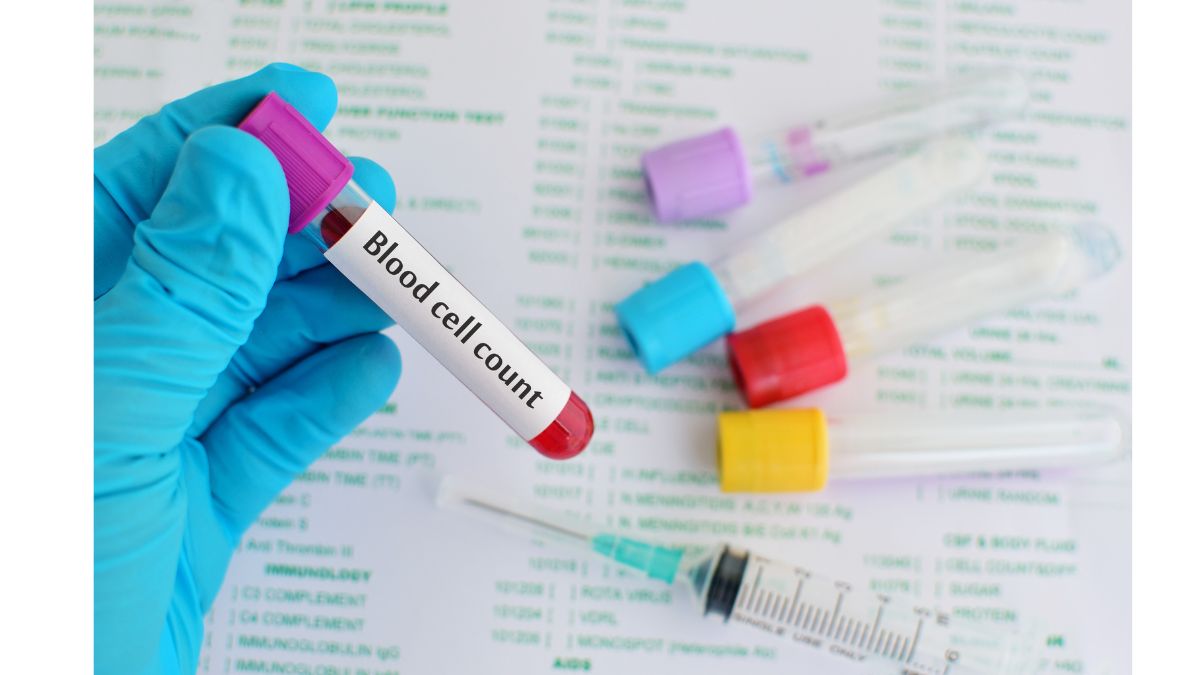- By Prerna Targhotra
- Sun, 13 Aug 2023 01:52 PM (IST)
- Source:JND
Dengue Effects On Platelets: Also known as bone-breaking fever, dengue is a painful, debilitating mosquito-borne disease caused by any one of four closely related dengue viruses. According to the World Health Organization (WHO), about half of the world's population is now at risk of dengue with an estimated 100 to 400 million infections occurring each year.
Can Dengue Spread From One Person To Another?
According to Mayo Clinic, Dengue fever is transmitted by the bite of an Aedes mosquito infected with the dengue virus. The mosquito becomes infected when it bites a person with dengue virus in their blood. It can’t be spread directly from one person to another person.
Watch the video below to know difference between dengue and malaria:
Dengue And Platelets
Explaining the link between dengue and platelet counts of the patients, Dr Ranga Santhosh Kumar, Consultant General Physician & Diabetologist, Yashoda Hospitals Hyderabad explains that Leukopenia, lymphopenia near the end of the febrile phase, and thrombocytopenia are common findings in dengue fever and are believed to be caused by direct destructive actions of the virus on bone marrow precursor cells.
Dr Santhosh says that approximately one-third of patients with dengue fever may have mild hemorrhagic symptoms, including petechiae, gingival bleeding, and a positive tourniquet test. Further, he states that a direct correlation between activation and depletion of platelets, with a sharp drop occurring on day 4 of fever. A high number of dengue virus genome copies have been found in these activated platelets.

According to Dr Santhosh, increased binding of complement C3 and IgG has also been found on the surface of these platelets. In addition to platelet activation, dengue infection has been found to activate the intrinsic pathway of apoptosis, with increased surface phosphatidylserine exposure, and mitochondrial depletion.
Dietary Tips To Boost Platelet Counts
The WHO states that prevention and control of dengue depend on vector control. There is no specific treatment for dengue/severe dengue, and early detection and access to proper medical care greatly lower fatality rates of severe dengue.
Dr Santhosh suggests that no specific diet is necessary for patients with dengue fever. Patients who can tolerate oral fluids should be encouraged to drink oral rehydration solution, fruit juice, or water to prevent dehydration from fever, lack of oral intake, or vomiting. Return of appetite after dengue hemorrhagic fever or dengue shock syndrome is a sign of recovery.The only way to truly prevent dengue virus acquisition is to avoid being bitten by a vector mosquito.


